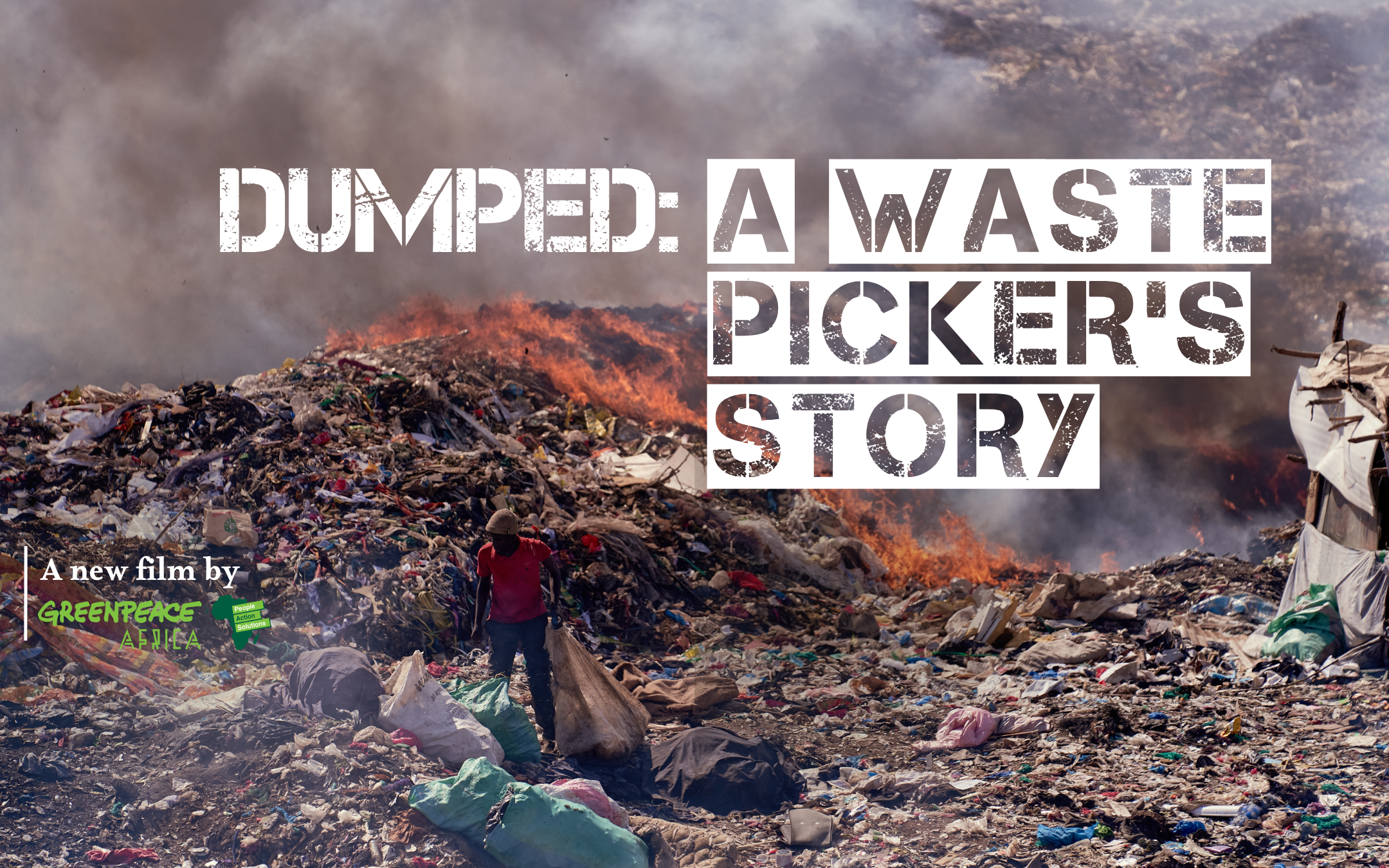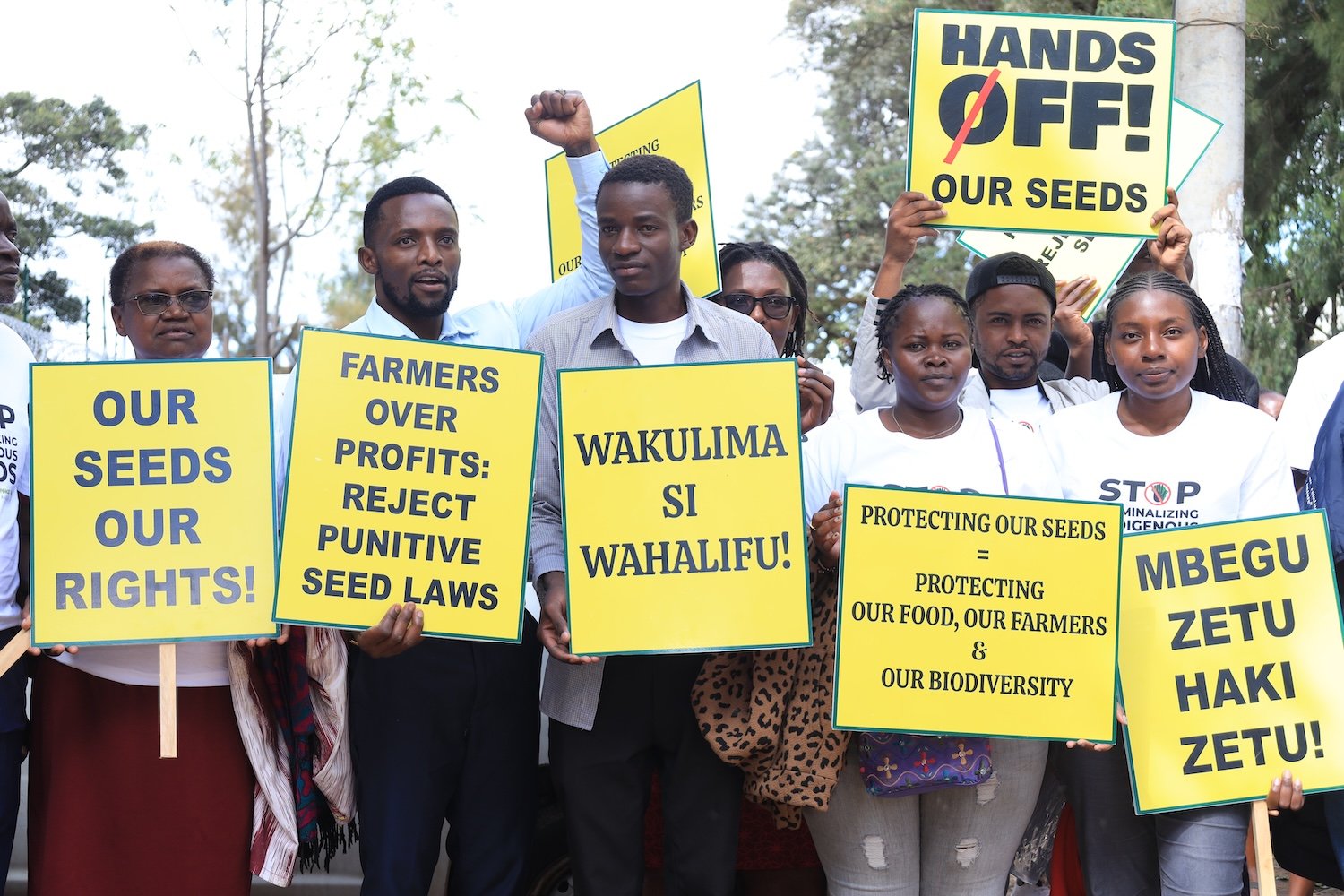Increasingly, many Kenyan families have experienced the loss of a loved one to cancer or know someone who has succumbed to the illness. In 2019, we have seen several prominent Kenyan’s lives cut short by cancer.
According to the Kenya National Cancer Strategy, cancer ranks as the third cause of death after infectious diseases and cardiovascular diseases. It is estimated that the annual incidence of cancer in Kenya is about 28,000 cases and the annual mortality to be over 22,000.
As the statistics rise, Kenyans are still exposed to harmful chemicals capable of causing cancer. Based on a petition submitted to the Kenyan Parliamentary Health Committee by various lobby organizations – Route to Food, KBIOC, KOAN and RODI – several lethal active ingredients that are proven to cause cancer, birth defects, destroy the nerve tissues, and change the hormonal systems are actively used in Kenya in food production.
It is also not a coincidence that last week, Kenya’s horticultural produce was rejected by the European Union for having high levels of pesticides. One would wonder, what percentage of pesticide residues is available in the locally consumed food.
With the high mortality rate linked to cancer, it’s appalling that Kenyans are still exposed to carcinogens, such as the harmful chemicals that are banned in the European Union for their harmful effects on the environment and human health.
The petition and the rejection of the horticultural produce must serve as an awakening to Kenyans to hold our government and its relevant agencies accountable for their actions. We have agencies such as the Pest Control Products Board mandated with protecting Kenyans from such chemicals, yet it has made little to no effort in ensuring that Kenyans are not exposed to cancer causing chemicals.
The European Union has put in place systems to protect their consumers, and as such these regulations ensure that foods with certain pesticide residues are banned from their country. The Kenyan government must do the same – tighten the measures to ensure that our borders are not porus to harmful pesticides and produce grown in the country is free from harmful active ingredients. It should also not allow harmful pesticides from companies based in the European Union or anywhere else in the world into Kenya.
The government needs to address the source of cancer and not only focus on the control strategies. The relevant government agencies should work towards reducing the exposure risk to chemicals that are carcinogenic, mutagenic and endocrine disruptors. This can only be done if they ban all the harmful chemicals from being used in Kenya.




Discussion
Africa and the rest of the world need to pressure governments to ban pesticides world wide. Pesticides are harmful to humans and our natural environments, they are killing off bees and other insects (by the millions) that are crucial in sustaining our necessary food producing plants.
May I point to an initiative we started this season in Homabay to provide 12.000 smallhold farmers with our "organic pest-control and fertilizer in one" solution that starts by rebalancing their soil. These farmers are seeing much more vigorous crops that are resistant against Fall armyworms, strigaweed, nematodes and are expecting much better yields, all without any chemicals. They now know they don't have to worry anymore about their soil, their harvest, their food and their wallet.